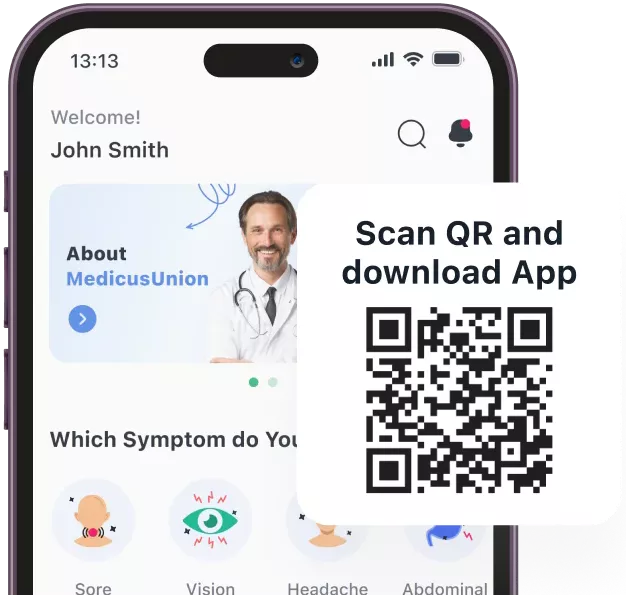English
Русский
Deutsch

The history and evolution of healthcare systems globally
MedicusUnion Team
April 03, 2023
3 min. read
The history of healthcare systems is a fascinating journey marked by evolving models worldwide. From ancient healing practices to modern institutions, the global narrative reflects societal shifts, medical advancements, and efforts to ensure universal access to quality healthcare.
Healthcare systems have undergone intensive reforms globally over time. Although traditional hospitals continue to operate around the world, in many cases they have been replaced by online services, moving doctors into the digital world and simplifying the treatment process.
It’s a bit hard to define the healthcare system clearly. However, the World Health Organization calls it “all activities whose main responsibility is to promote, restore and maintain health”.
In this blog, we’ve briefly introduced the history of healthcare systems, highlighting some important aspects of evolution.
Healing people with home remedies
In ancient times, people used plants as healing agents by experimenting at home. And that's how the healthcare industry was formed. Over time, people collected facts about herbal medicine and passed them down to generations, which later became the basis for medicine production in many cases.
Herbal medicine was greatly developed by eastern practitioners. They later shared their expertise through the Silk Road and spread globally.
Some remarkable tips and techniques were mainly used by ancient Egyptians. Some of those healing means are now used by modern herbalists. For example, willow, mint, honey, and pomegranate are used to treat wounds, toothache, gastric ailments, and infestations of parasitic worms.
Factors to impact healthcare
So many factors have affected healthcare evolution over time. However, modern medicine is based on medical examination and drug treatment.
Some sources also consider colonialism to have made a major impact on healthcare evolution. It is believed to have led to the exchange of diseases between people and communities.
The increasing population in different countries has shaped the overall medical approaches bringing new standards to the board such as vaccinations, prevention, and treatments.
The next stages of evolution
Therapeutic revolution
The 20th century was a turning point for the global healthcare industry. That’s when medicine was put into massive usage shifting generalized pathology to specific diseases. Doctors started to pay more attention to medicine as a primary treatment method. in thematic sources, it’s also known as therapeutic revolution.
Eradication campaigns
At the next stage, the WHO launched its eradication campaigns worldwide to eliminate fatal diseases like smallpox and malaria. This technique effectively worked out in industrialized countries, but not so much in developing nations. The eradication campaigns were a sign for healthcare systems globally to prove their vulnerability.
Declaration of Alma Ata
The Declaration of Alma Ata was another goal in the public health system known as “Health for all” set in 1978’s International Conference on Primary Health Care. This declaration defines health to be the most important issue for social and economic sectors to realize globally and take urgent actions if needed.
Development movement
Started in the post-World War II era this movement advocated that increasing economic development would affect the whole world positively resulting in essential changes in the healthcare industry.
To sum up
Today health care is a global industry but in many cases, it’s still considered a local one. Every country has its unique approaches and strategy for developing an accessible healthcare system. It's hard to say which one is the best. But it’s remarkable that one of the greatest advancements of the era in healthcare is online doctor consultation.
Over the centuries, many things have changed affecting the quality of healthcare, but online consultations solve several problems at the same time, creating an accessible environment, and saving money and time.
Join MedicusUnion to book your next doctor consultation online!
Valuing your time we aim to create a better and healthier world

Get the MedicusUnion App!
- Certified Doctors
- Video consultation with a doctor
- Simultaneous interpreter during consultations